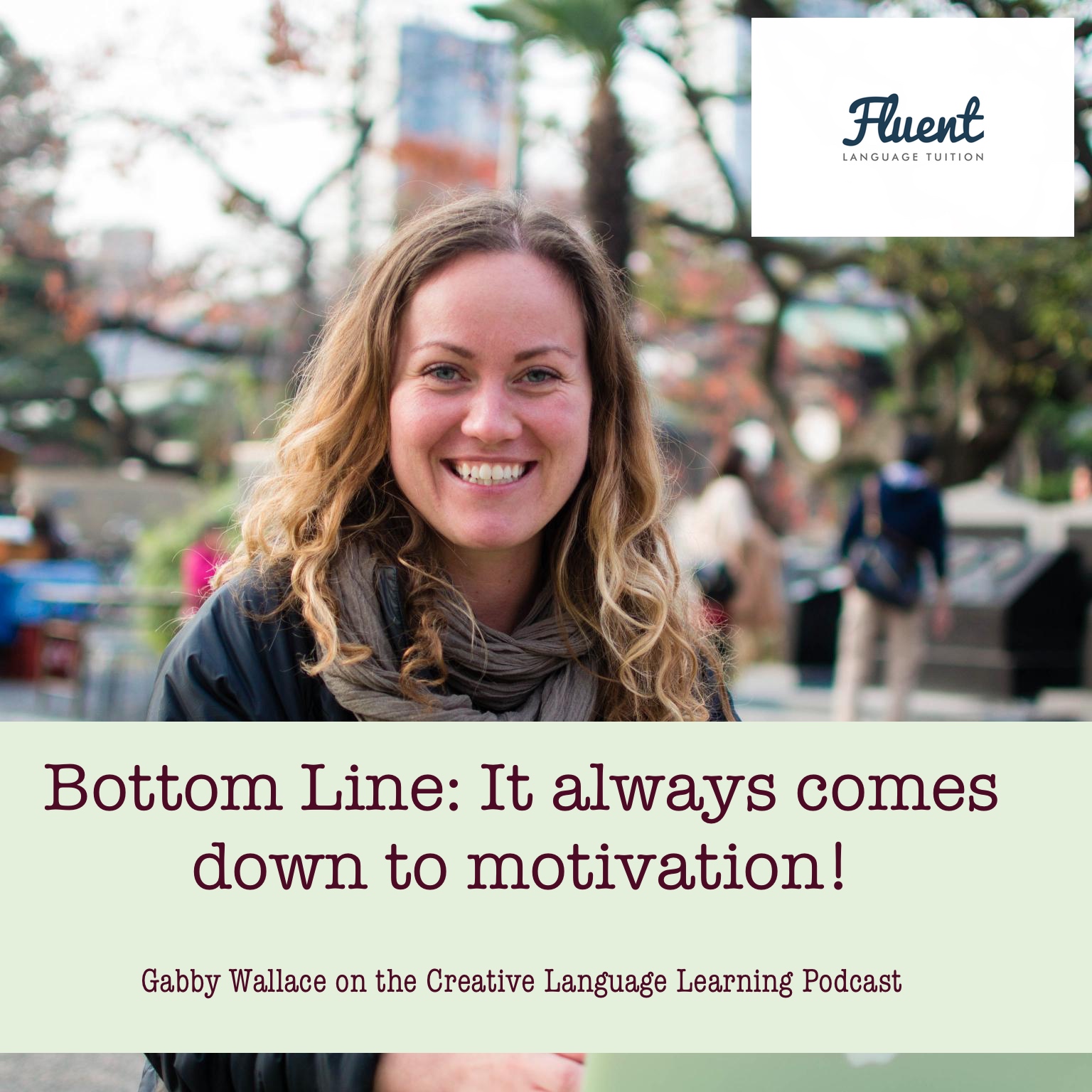1. Pride
Accepting a challenge means proving something - not just to yourself but also to the world. No one would put themselves through something difficult if they don't believe that the result will be positive. So when you're in a challenge, you choose to commit to improving yourself and your skills in public. You can stand proud knowing that you have represented no matter how far you get.
2. Community
Group challenges are a wonderful opportunity to overcome your fears and push yourself to try out new things. I remember last year's abseiling adventure and how terrified it made me feel. If there had not been so many other people to encourage me and show me that this is possible, I would have never done it.
Here is how Brian, founder of the Add 1 Challenge, talks about his experience attempting to learn a new language in just 3 months and following a fellow student on the Fluent in 3 Months forum:
Even though he was half way around the world, I get inspired and energized every time just because I know someone was going through the same thing as I am, sharing the same struggles and having our small wins.
So if you are feeling isolated as an online learner, don't despair and seek out a community of people who share your goal.
3. Excitement
As part of my participation in the Small Product Lab (see below) I’m feeling like I’m on an invigorating sprint, and I can already see the end in sight. So here is one reason we love a challenge: Excitement!
It can be very motivating to put a specific goal and a time limit on our activities. You can feel buoyed by the community, inspired by everyone else's ideas and optimistic about the finish line.
How do you know you're ready for a challenge?
Of course, there is no such thing as a free lunch out there and so even the most valuable challenge comes with its own risks. Before you dive in, it's important to be sure that you're ready right now.
Will you have time and energy?
Since many language learners and aspiring polyglots are such high achievers, there's a risk in any good challenge. It can feel disappointing when you overcommit and set your expectations too high. So before challenging yourself to achieve something unrealistic, check how you are feeling.
Katey Nixon is taking the Add 1 Challenge right now and warns that "all or nothing" thinking can sabotage your great efforts.
So far three days this week I have skipped practice and I think it is all or nothing thinking, because I think - well I don’t have a full hour to practice - so I don’t even start and let other things get in the way.
Katey
Awareness is always the first step to solving a problem, so remember to accept a challenge only if it feels like you will have fun and not added stress.
You must feel that the goal works for you
The biggest risk in accepting any challenge is doing it for the wrong reason. If you are participating in a difficult endeavour just to prove your own skills or strengths, you're in murky territory. First of all, ask yourself who you want to prove yourself to. If your activity is based on the desire to impress someone else, forget it.
A good personal success does not come from other people's approval. Your challenge should be about what's meaningful to you, and what gets you fired up.
And what if you fail?
The other elephant in the room is fear of failure, and this is something that haunts every language learner out there. For example, the Add 1 Challenge proposes that you "hold a 15 minute conversation with a native speaker after 90 days". Personally, I think this is a super vague goal. You could speak to them in your language and have it be a success. You could speak to them for 10 minutes and have it be a failure.
I don't know exactly who said the following thing, maybe it was Yoda or maybe it was George Clooney. But in language learning and in business, I believe these words are powerful:
There is no such thing as failure. There is just trying.
Be flexible and forgive yourself for missing a day every now and then. A well-organised challenge will also take this into account. For example, Lindsay Dow's structure for the Instagram Language Challenge allows some extra days for catching up. If you're ready to try something, you're ready for a challenge.
Before you start, ask yourself these three questions
- Are you ready to commit the time and resources required?
- Is the goal your goal?
- Are you excited?
If you get three "yes" answers, I think it's time to sign up! If one of the answers is a no, leave it for another day. Those good ideas and challenges won't go anywhere.
Here is my own challenge story
And here is a secret revealed: I finally signed up to one.
The thing I’m challenging right now is not my language learning skill but my creativity. Small Product Lab challenges creative people to build a small and helpful product in just 10 days. And because I've not got much time, here is my promotion for you:
I am putting together an Email Set to save any online or private teacher time when they book new and existing students. It will include helpful email templates and also a guide to email signatures. And right now it's not launched yet, so you can get it at half price for a few days only. Click here for more information and to watch my product grow.










